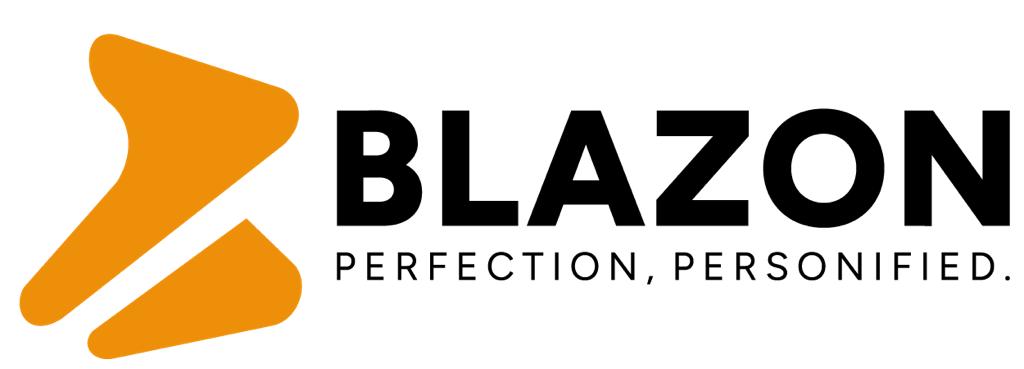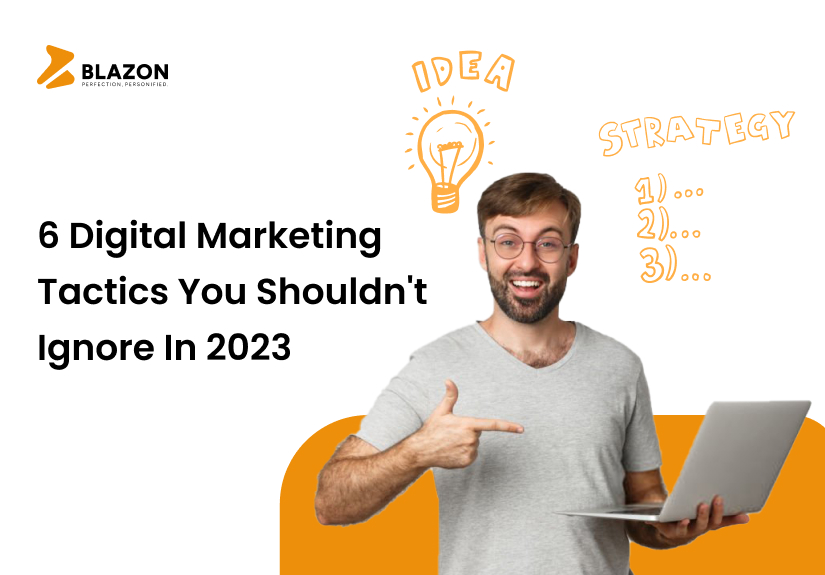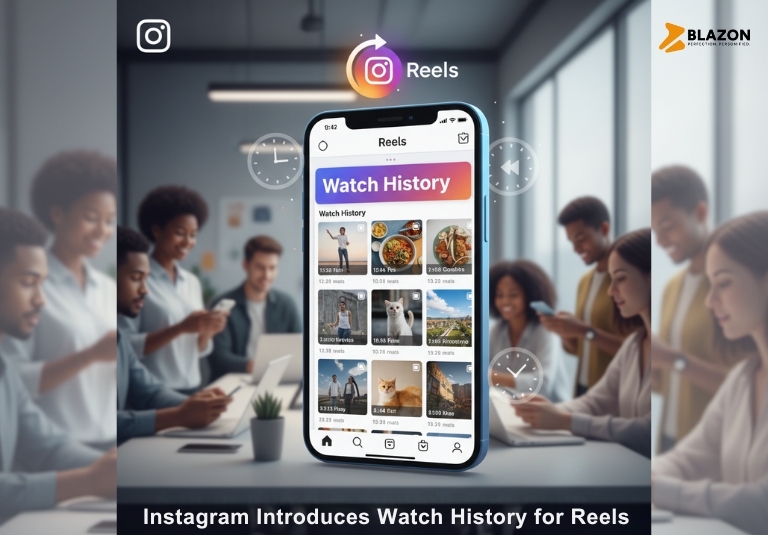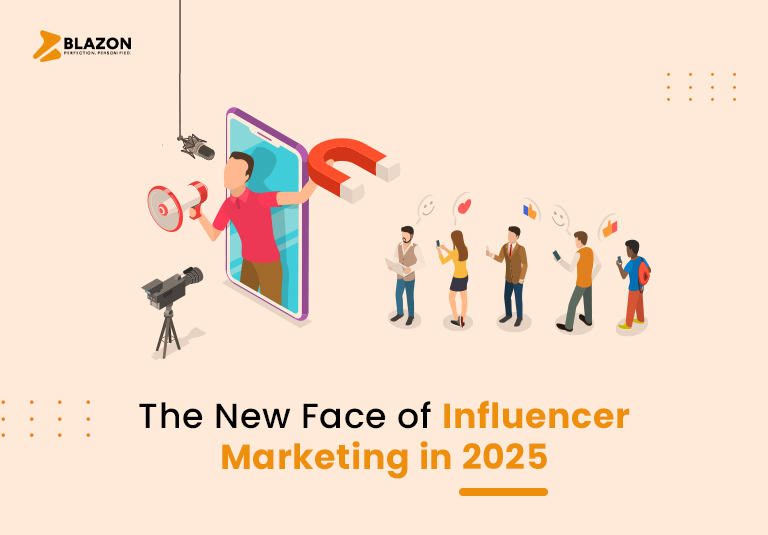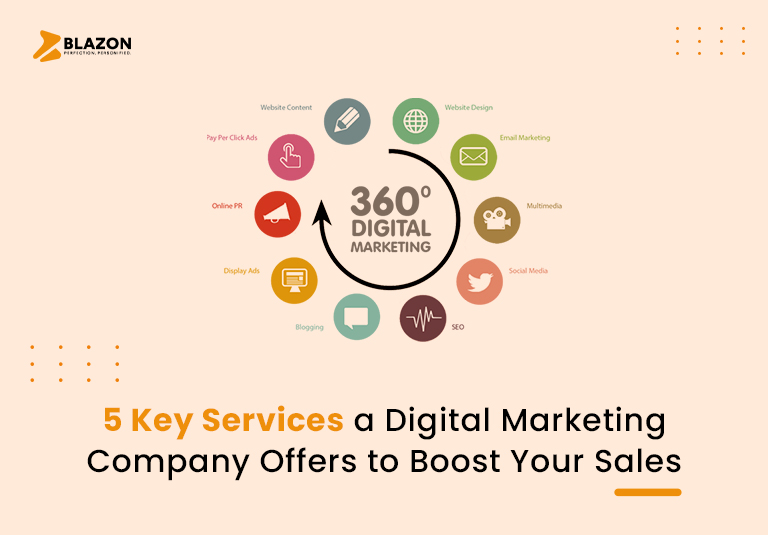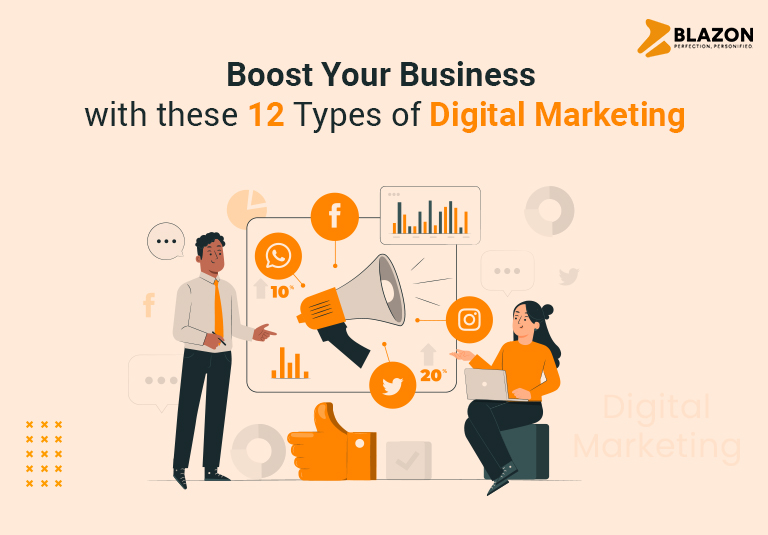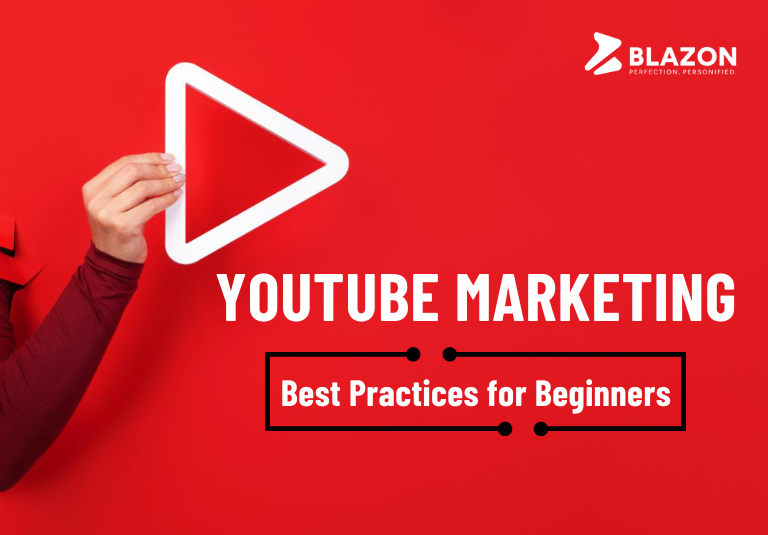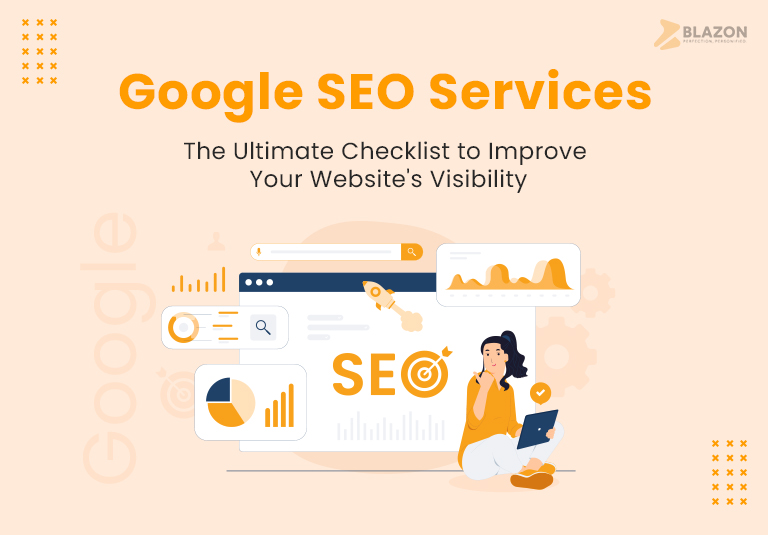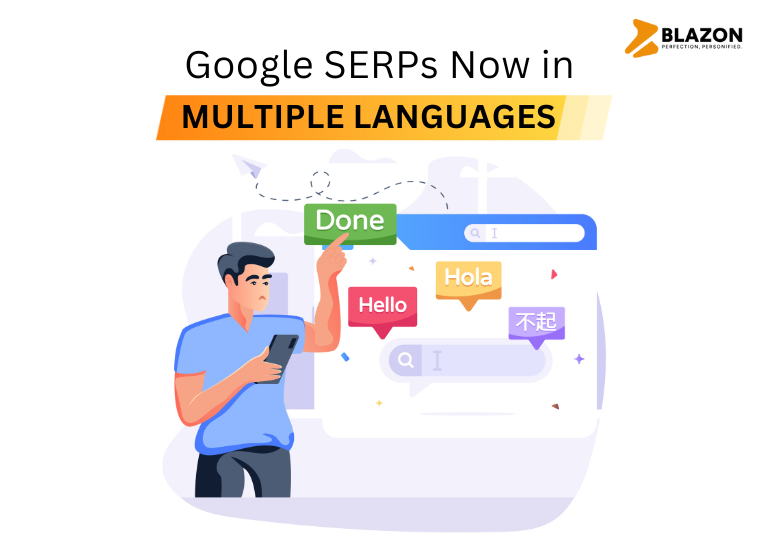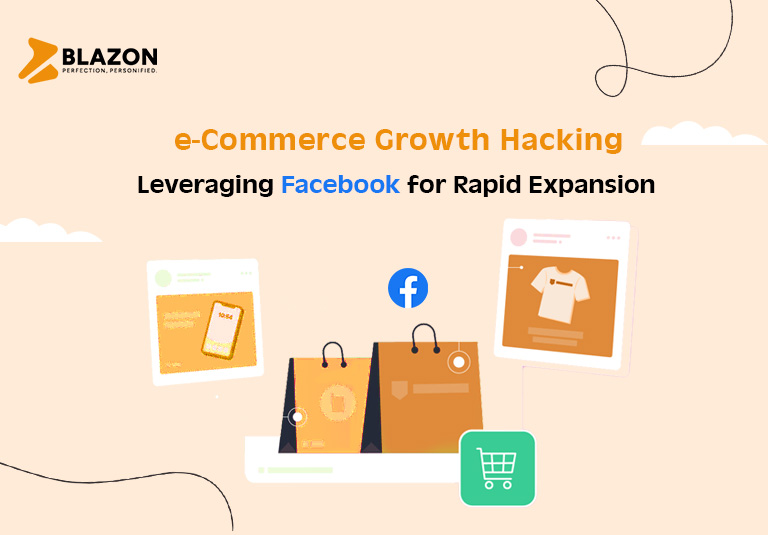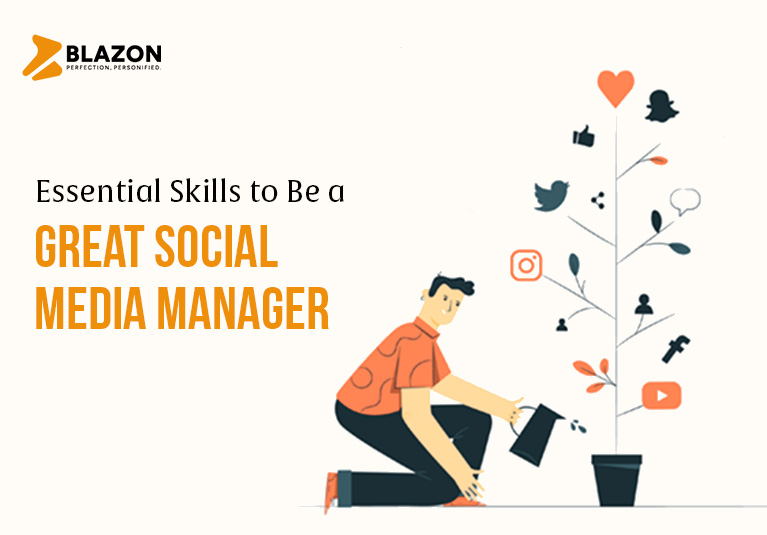In this ever-evolving landscape, Digital marketers work at the forefront of new technologies & consumer behaviors. Since digital transformation persists to push the needs of the audience, digital marketing trends and strategies to leverage it will continue to evolve and accelerate.
According to recent studies by brands, Over 170 million people use social media daily, and every working professional is predicted to be acquainted with at least the core principles of Digital Marketing. When it comes to Online marketing, well-planned strategies will always be expected to be well-executed.
According to CoSchedule’s survey of 3,217 B2B and B2C marketers, 3565 more returns can be acquired by the marketers who actively plan their marketing programs than those who don’t.
To help you stay competitive, achieve your marketing goals, and drive new business in 2023, We have identified 9 disruptive marketing strategies to give you an edge over your competition and also help to enhance your online presence, improve website traffic, and build stronger client relationships and conversion rates.
Influencer Marketing
Influencer marketing is a type of marketing strategy that involves collaborating with individuals who have a strong social media presence and a significant following to promote a brand or product. These individuals, known as influencers, have the ability to influence the purchasing decisions of their followers through their recommendations, opinions, and endorsements.
A study found that 63% of people entrust recommendations done by influencers more than what brands are conveying about themselves or in commercials. Their relatability overpowered the popularity of celebs.
Influencers have become an important part of the consumer decision-making process. According to a survey conducted by the digital marketing agency, Mediakix, 58% of consumers have purchased a product after an influencer recommended it.
Overall, a digital marketing company can provide the expertise and resources needed to execute a successful influencer marketing campaign, helping brands to achieve their marketing goals and reach their target audience effectively.
Video Marketing & Live Streaming
Video always plays a crucial role in digital marketing. According to a survey conducted by Wyzowl, over 80% of businesses use video marketing as a strategy. Video marketing is a type of marketing strategy that involves creating and sharing video content to promote a product or service. Video content can be utilized to educate, entertain, & engage an audience, making it an efficacious way to build brand awareness and drive conversions.
Video content can be done in many ways, such as explainer videos, product demo videos, customer reviews, video animations, & social media videos.
Live streaming can be used to create interactive experiences for the audience, such as live events, webinars, and Q&A sessions, and also proves to be an effective marketing trend. When paired with influencers, live streaming allows brands to engage with their audience in a more genuine and personal way.
Both the above-mentioned strategy can be achieved through various channels, including social media platforms such as YouTube, Facebook, Instagram Reels, and TikTok(India – Exception). Brands can also create their own video content and host it on their website or blog.
Some benefits of Video marketing and live streaming include increased engagements, Improved brand awareness, Increased conversions, and enhanced customer experience.
Conversational Marketing
Conversational marketing also known as chatbot marketing is a trending marketing strategy that involves the engagement of potential customers in real time. The main objective of it is to create a more natural way of interaction between brands and customers.
Conversational marketing can take many forms, including chatbots, messaging apps like WhatsApp, and live chat. By using these tools, brands can provide immediate and personalized responses to customer inquiries, which can help build trust and establish a stronger connection with customers. One of the benefits of conversational marketing is that it allows brands to gather valuable information about their customer’s preferences, needs, and pain points.
Moving from a traditional way of marketing to real-time conversations offers a prominent learning curve as conversational marketing increases in 2023.
Storytelling Marketing
Brand storytelling is one of the powerful marketing strategies that involves a narrative approach to communicate a brand’s values, and personality, and to build personal connections. The goal is to create a deeper emotional connection with customers and to differentiate the brand from its competitors. Our brains are especially connected with human-centered emotional and inspiring stories.
By sharing a powerful story, brands can create a deeper emotional connection with their customers and establish a stronger brand identity. Ultimately, it builds a bond forged in trust between a brand and its customers and repeats sales.
Overall, brand storytelling is an influential way for brands to express their message and build a strong emotional connection with their target audience, which can lead to increased brand loyalty and long-term success.
Voice Search SEO
Voice search SEO refers to the optimization of website content and structure for voice search queries. With the growing popularity of voice assistants like Siri, Alexa, and Google Assistant, more people are using voice search to find information online.
Your business should be capable of handling voice & search queries that will make up a big chunk of all mobile queries in 2023.
Anticipating the trend, Google embarked on its Search by Photo option for visual search & Google Assistant for voice search. Every forward-thinking brand ought to adopt this trend. According to research done by marketers, In 2022, 42.1% of individuals used voice search at least once a month on any device.
Some strategies for optimizing for voice search are using natural language, focusing on long tail keywords, Optimizing for featured snippets, Using structured data, and improving mobile friendliness.
Evolution of Modern SEO
Keywords are still relevant and significant to search engine optimization, but modern revised search engine algorithms are very distinct from the ones marketers were working with in the past.
In the early days of search engines, SEO involved simply including relevant keywords in website content and meta tags. In the mid-2000s, Google began placing more emphasis on high-quality content as a ranking factor. This led to the rise of content marketing as a key SEO strategy. In recent times, Google has moved its focus to mobile-first indexing, meaning that it prioritizes the responsiveness of websites when determining search rankings. Also, factors like site speed, mobile responsiveness, and user engagement play a vital role in ranking.
Overall, the evolution of SEO has been driven by changes in search engine algorithms and shifts in user behavior and preferences. As search engines continue to evolve, SEO practitioners must adapt their strategies to stay ahead of the curve and ensure that their websites rank well in search results.
Last Line
Overall, the digital marketing landscape is constantly evolving, and marketers will need to stay agile and adaptable to keep up with the latest trends and technologies. By focusing on customer needs and preferences and leveraging emerging technologies, marketers can create more effective and engaging digital marketing campaigns in 2023 and beyond.
You can even connect with our best digital marketing company to stay updated.
